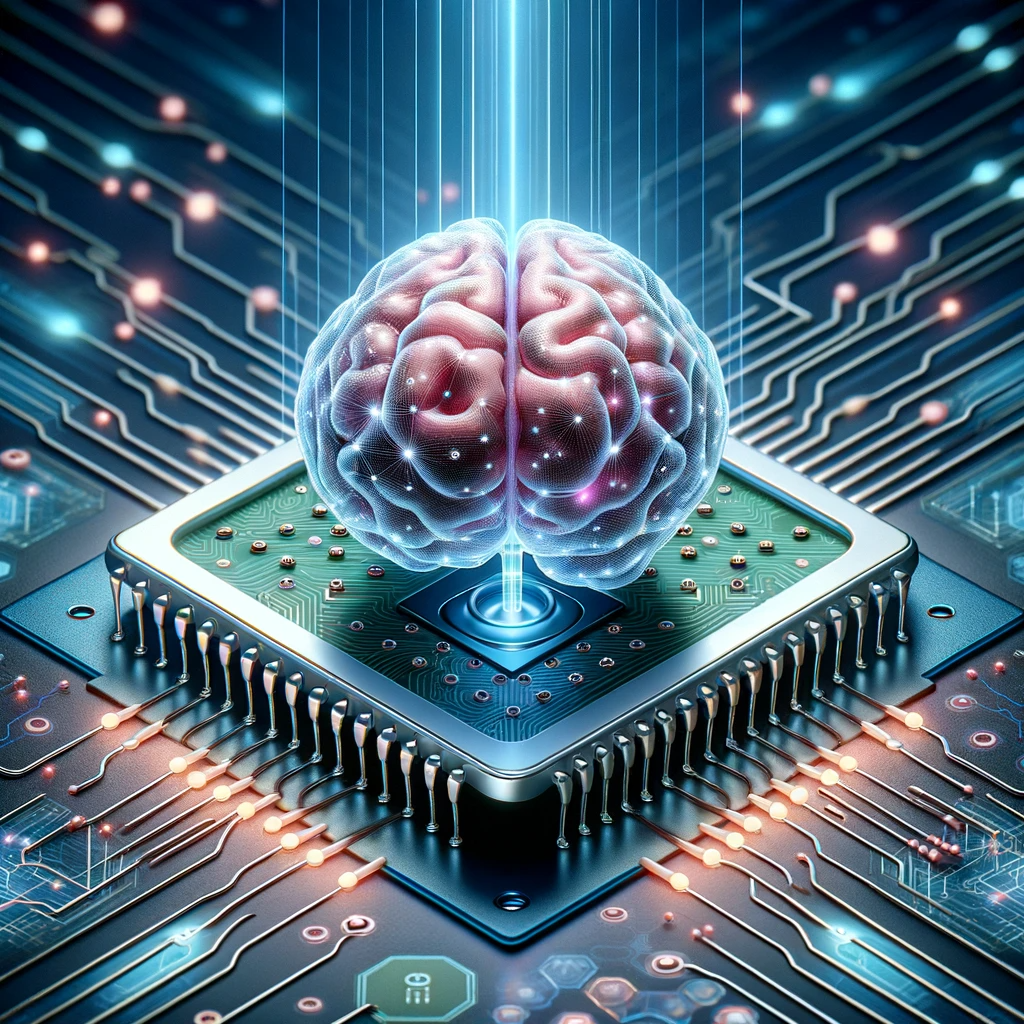Brainoware's Advancement in Biocomputing

What's New: Brainoware, a system using 3D brain organoids, illustrates advanced biocomputing capabilities.
What are 3D brain organoids?: 3D brain organoids are miniature, simplified versions of the brain, created from human stem cells in a laboratory. They attempt to mimic the organization and function of part of the brain. Normally, these organoids are used in neuroscience to study the brain, since they exhibit electrical activity similar to that of real brain tissue.
How Brainoware works: Grown from human stem cells, these mini-brains form neural networks, simulating brain activity. They're connected to an electrode-packed chip, acting as both CPU and memory.
Skills shown: The system learned to recognize individual speakers and solved a complex math problem faster than AI.
Impact: There is potential for energy-efficient, faster computing and it provides insights into brain functions.
Challenges: Maintaining mini-brains is complex and raises ethical considerations.
Future Direction: A step towards sophisticated biocomputers, blending AI and human neural elements.


